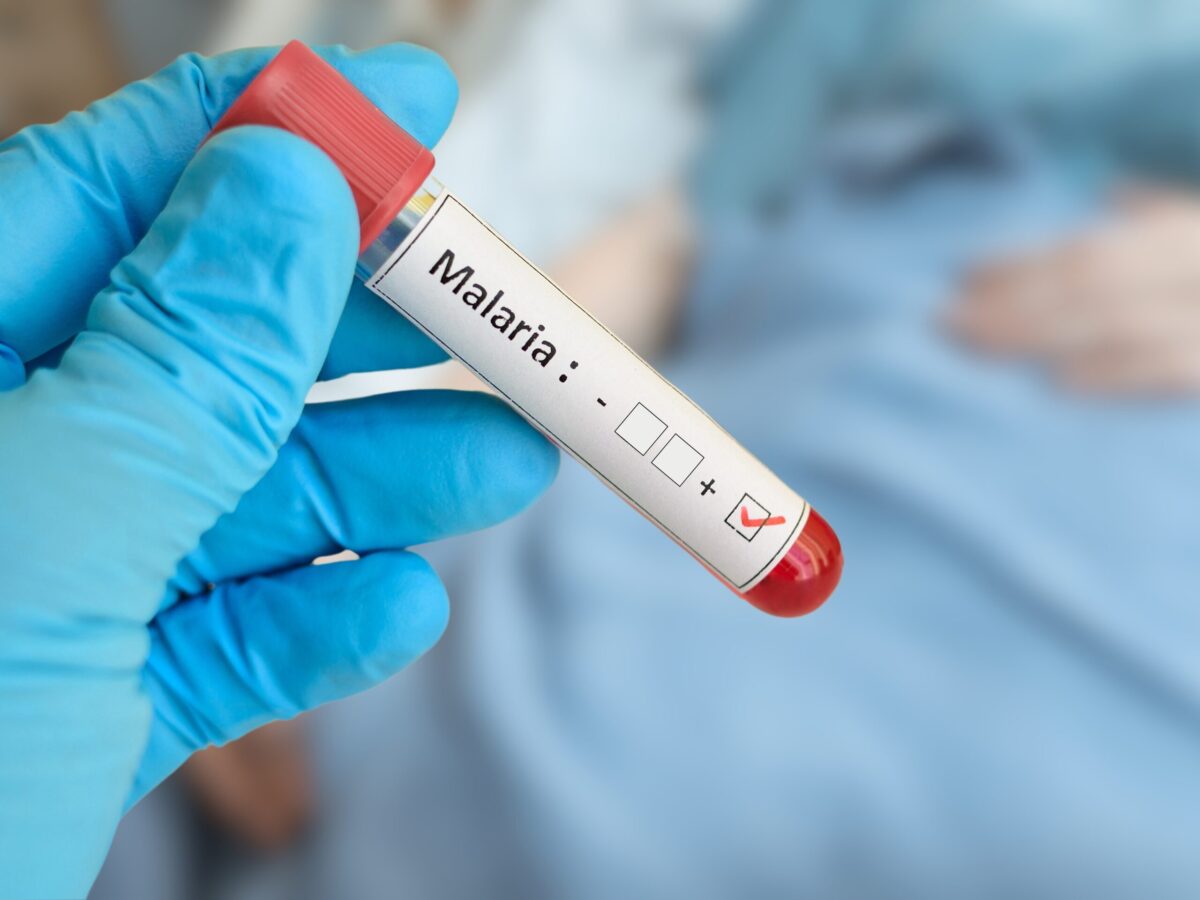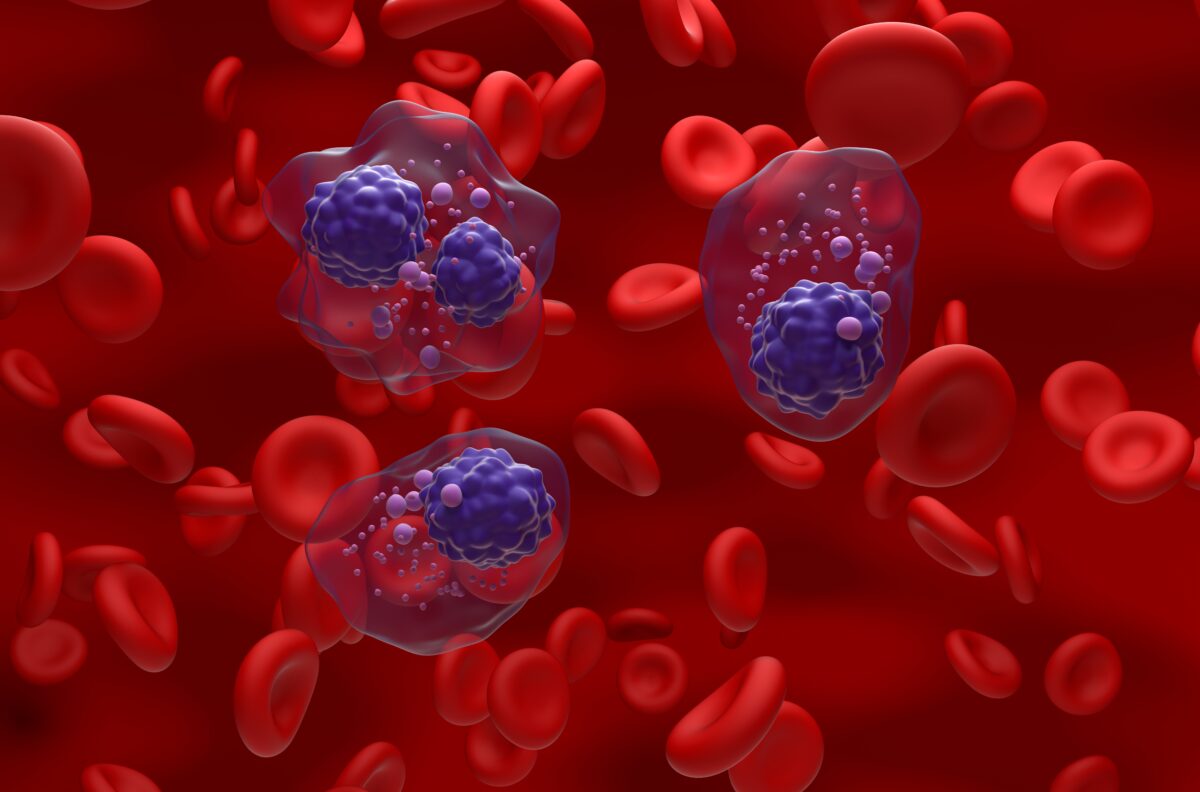The microbes that live on the skin and in the digestive system have an effect on the body’s ability to accept transplanted organs, according to a new study. The researchers found that mice treated with antibiotics prior to receiving a skin graft, survived twice as long as those that were not treated prophylactically.
Furthermore, mice raised in a sterile environment also had better outcomes following transplantation surgery. If these germ-free mice were exposed to microbes from traditionally-raised mice, they rejected their skin graft more quickly.
Interestingly, if microbes that survived the antibiotic treatment in mice were given to the sterile mice, they retained the skin graft for longer. This result – which was published in The Journal of Clinical Investigation – suggests that the composition of the microbiome has a marked effect on the success or failure of an organ transplant.
“The species that form the community of microbes colonizing the mice – and supposedly humans too – have different effects,” said Dr. Maria-Luisa Alegre, professor of medicine at the University of Chicago and co-senior author of the study. “One community of bacteria from the normal mice is capable of inducing accelerated rejection of a transplant, but another community of bacteria, those that are left after antibiotics, doesn’t have that capacity.”
Organs that come in contact with the outside world – including the skin, lungs and intestines – have poor transplant success rates compared to internal organs, including hearts and kidneys. This outcome has been seen in both animal models and in clinical settings.
Some have hypothesized that this increased risk of rejection can be explained by the fact that the skin, lungs and intestines all contain a unique microbiome composed of a number of different microorganisms. To test this hypothesis, Alegre and her colleagues treated organ donor, and recipient mice, with antibiotics for a 10 day period leading up to the skin graft surgery.
Mice who were given antibiotics before receiving the skin graft survived for 53 days, compared to 27 days in the control mice. The specific immune response mounted against the graft in these antibiotic-treated mice was also found to be significantly reduced.
Mice that were raised in a sterile environment also showed a longer survival time compared to the control. Fecal microbiota transplants from conventionally-raised mice accelerated the rate of graft rejection in the germ-free mice. Surprisingly, when germ-free mice were given fecal microbiota transplants from mice that were given antibiotics, the mice took a longer period of time to reject the skin graft.
These results highlight the effect of different microbial communities on organ transplant outcomes. Other research has also found that mice pre-treated with antibiotics before receiving a heart transplant survived for longer – an interesting result as the heart is not colonized by any microbes.
After performing a genetic analysis of the microbes present on the skin of animals treated with antibiotics, the researchers found that the number of bacteria was comparable to that found on untreated mice. They did however, find that there was significantly less variety in the types of bacterial species present on the skin after antibiotic treatment.
“In terms of the total number of bacteria that are present, it’s the same before and after antibiotics,” said Alegre. “But instead of 1,000 species, let’s say you have just 500 after treatment. So it’s not the bacterial load that makes the difference, it’s the composition of the bacterial community.”
According to the researchers, a better understanding of the specific microbes which act to induce or suppress the immune response, could lead to better transplant patient outcomes. For example, the knowledge could be used to design narrow-spectrum antibiotics which target only those bacteria involved in the immune response.
Conversely, probiotics could be developed to increase the proportion of bacteria which suppress the immune system. As it’s currently unknown which species have an effect on the body’s response to a transplanted organ, these possible research applications are not yet possible.
“We have evolved to cohabit effectively with our microbes, and they are very beneficial,” said Alegre. “We need them. They make vitamins we need. They digest foods we can’t digest. They help maintain our health by poising our immune system for fighting infections. So we have to be careful with anything that’s going to alter that balance.”












Join or login to leave a comment
JOIN LOGIN